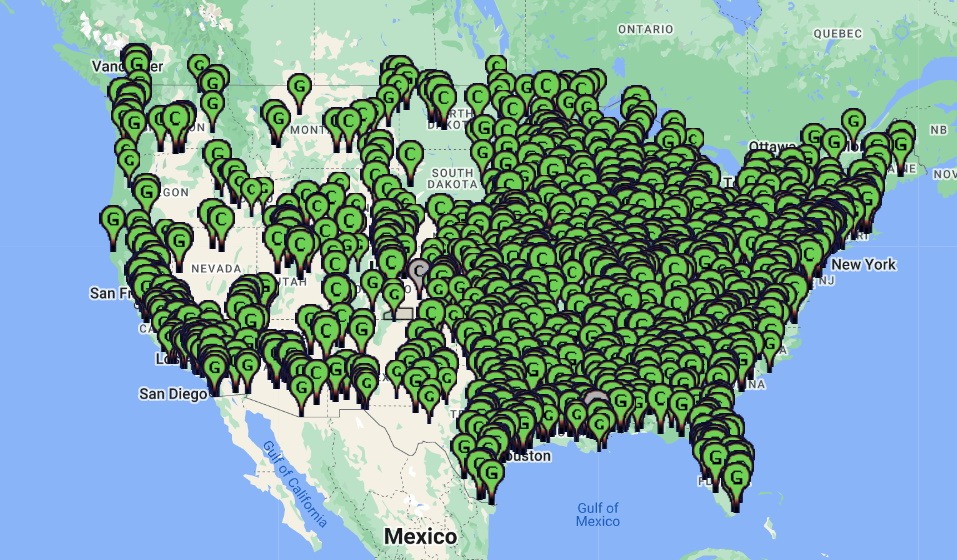Outsourcing Forests Costs Thousands of Jobs
– by Roy Keene
Log and chip exports, constituting a third of Oregon’s annual timber harvest, are outsourcing over a billion board feet of wood and thousands of domestic manufacturing jobs. Yet Barnum fails to even mention exports, let alone account for the losses. As director of the Oregon Forest Resources Institute (OFRI), he also fails to disclose his employer’s mission and funding source.
OFRI’s legislated mission is to “Enhance and provide support for Oregon’s forest products industry.” Funded with forest harvest taxes, OFRI benefits from increased logging regardless of whether the logs are processed domestically. Does Barnum’s analysis omit log exports to “enhance” and “support” the region’s largest corporate forest owners?
As a panelist at a town hall meeting in Newport, I explored the implications of increased log exports and a proposal to greatly expand export shipping from the Port of Newport. Similar to Coos Bay’s log and chip export expansion, this will require dredging Yaquina Bay and dramatically increasing log truck traffic in the city’s downtown. Jeopardizing projected growth in the tourism, service and health sectors to add a couple dozen jobs seems a poor trade for the larger public.
Citizens were further ruffled to discover that between 2009 and 2012, the timber harvest increased 108 percent in Lincoln County while employment reportedly decreased. This disconnect is typical in counties dominated by industrial forests.
Lane County, for example, where Weyerhaeuser is the largest private landowner and the region’s main log exporter, saw a 75 percent increase in the timber harvest from 2009 to 2012 and a concurrent 14 percent decrease in wood products manufacturing jobs.
A fellow panelist and critic of escalating log and chip exports, Greg Pallesen, vice president of the Association of Western Pulp and Paper Workers, also connected the dots. He described the devastating effects on local workers and communities not only from log and chip exports, but from the relocation of entire plants overseas to capitalize on cheap labor and offshore tax breaks. They then “dump” wood products back to us at prices domestic manufacturers can’t compete with.
Guess where these outsourced plants export logs and chips come from.
Barnum challenges critics of Oregon’s forest industry to “take a fresh look.” Even non-critics recognize that log exports are escalating. Gordon Culbertson, manager of Forest2Market, notes increasing export demands, saying “Asian appetite for Northwest forest products strengthened in the second half of 2012 and looks strong moving into the New Year.” Such strengthening is ominous for those genuinely concerned with local jobs and forests.
According to the U.S. Forest Service, Northwest log exports, led by Oregon, jumped 28 percent in the second quarter of 2013 compared to the first, totaling 540 million board feet. “Demand from China is the major reason for the increased log exports.” said Xiaoping Zhou, a research economist who compiled the data.
Forest2Market further notes that “Russia’s market share, traditionally the largest supplier of Chinese logs, has continued to erode, leaving Chinese buyers to fill the shortage with deliveries from North America.”
This is because Russia placed a 25 percent tariff on log exports to protect its domestic industry. When Russia was accepted into the World Trade Organization, it agreed to lower log tariffs to 15 percent. Even a 15 percent tariff helps domestic mills compete for logs and creates revenue to offset unemployment and the collateral damage to forests from increased logging.
Burning trees for power looms as a further threat to our already beset forests. The Japanese government now subsidizes mills to burn wood chips as “clean” power. Sound familiar? Reflecting Japan’s growing aversion to nuclear power, the country’s wood chip demands are expanding.
A newspaper article by Takeshi Owada, “Paper makers seeing profit potential in biomass power industry,” notes that “As increased numbers of manufacturers enter the biomass power generation industry, they will face shortages. Chips from their own forests will be insufficient to ensure stable power generation, requiring purchasing supplies from abroad.”
A country that once exported mature timber from Oregon now wants chips from teenage trees — trees logged off federal lands as well as private.
Oregon’s forests, less protected than those in Washington or California, are getting Third World treatment. Oregon’s legislators and institutes are not only failing to protect our forests, but condoning or proposing policies that will export more unfinished wood and jobs. One has to wonder whether, like Barum and the Oregon Forest Resources Institute, our legislators and institutes stand to be rewarded by their efforts to increase logging!
Roy Keene is timberland broker and forest consultant in Eugene.

